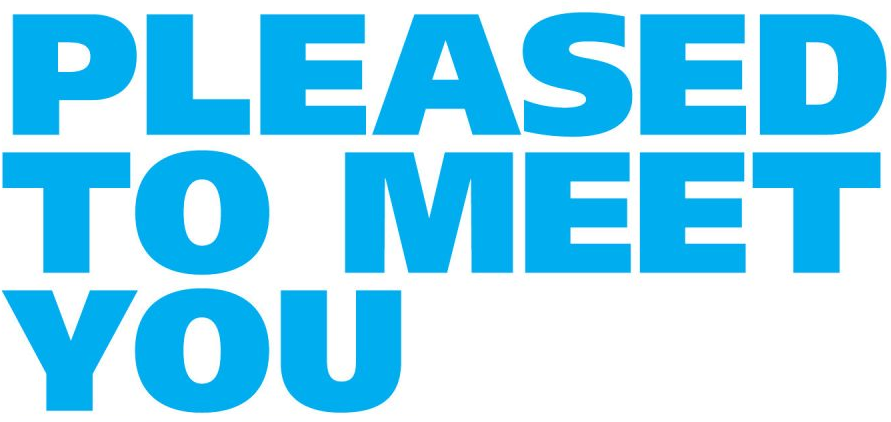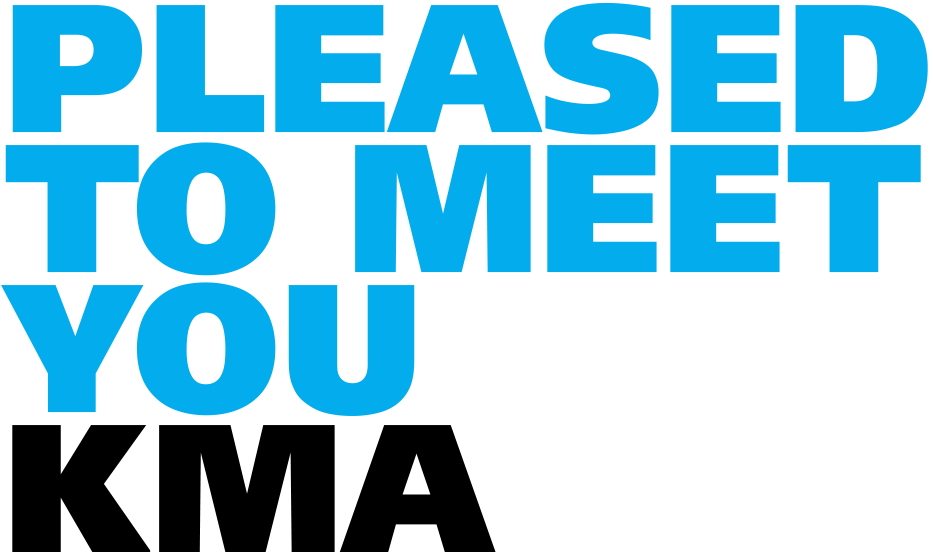Donations
Photo Copyright City of Kamloops
The Kamloops Museum and Archives operates as part of the City of Kamloops, on Tk̓emlúps te Secwe̓pemc territory within the traditional and unceded lands of Secwépemc Nation, Secwepemcúl’ecw.
-
Museum Hours
Tuesday - Saturday: 9:30am - 4:30pm
Sunday & Monday: Closed -
Archive Hours
Tuesday - Friday: 1:15pm - 4:00pm
Saturday: By Appointment
Sunday & Monday: Closed
Donations
Questions and comments can be directed to the KMA’s general email address, [email protected] and will be appropriately routed from there.
Donating materials to the Kamloops Museum and Archives (KMA) helps ensure their long-term preservation and relevance to the community. The KMA gratefully accepts objects and records with a clear and significant connection to Kamloops. Materials that support research offer display opportunities or meet the collection management policy criteria and may be accessed in the KMA and become part of the Archives or museum collection.
Donation Process
A successful donation requires preparation on the part of the donor. The first crucial step is to email or call the KMA at [email protected] or (250) 828-3576. The Kamloops Museum and Archives may request information about the item(s), including its history, condition, and the context in which it was acquired. Photographs of the item may also be requested.
Suppose an item seems appropriate for inclusion in the collections. In that case, arrangements will be made for the donor to bring it to the Kamloops Museum and Archives. The KMA will typically take temporary custody of the item until a final decision is made on whether it will be formally accessioned and become the property of the KMA. This decision-making process may take several months.
This process is designed to uphold transparency, ethical standards, and efficient use of the time and effort of both donors and the KMA.
Considerations for Donations
Common reasons for donating items to the KMA include the item’s age, beauty, or personal significance. While these are valid reasons, the KMA has limited storage space and aims to ensure that all housed items support our mission to collect, organize, interpret, preserve, and share the cultural heritage of this region.
To assess prospective items for the KMA collections, the following criteria are used:
- The item aligns with the KMA mandate and is supported by information such as maker, use, location, and relevance to the Thompson-Nicola Regional District.
- The item’s provenance or chain of ownership can be authenticated by reliable documentation.
- The item supports research or presents useful opportunities for display.
- The item is in adequately stable condition and does not pose safety risks.
- Facilities are available to store and care for the item.
- No stipulations are attached to the use of the item, including copyright and intellectual property rights or potential disposal.
- The KMA can secure clear, unconditional legal title, including copyright, intellectual property rights, moral rights, and rights for disposal.
- The item is not a duplicate of an item already in the collections unless there is a curatorial or educational rationale.
Repatriation
Unless expressly requested through an appropriate consensual model led by an Indigenous cultural institution, the KMA does not accept items that have come from Indigenous communities or are expressions of Indigenous ways of being.
The KMA is committed to the respectful repatriation of cultural items to Indigenous communities and will assist with efforts to repatriate items to their Nation of origin whenever possible.





